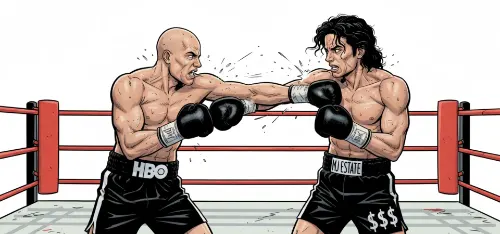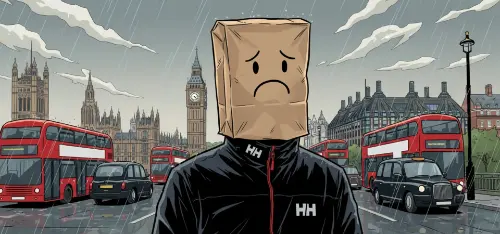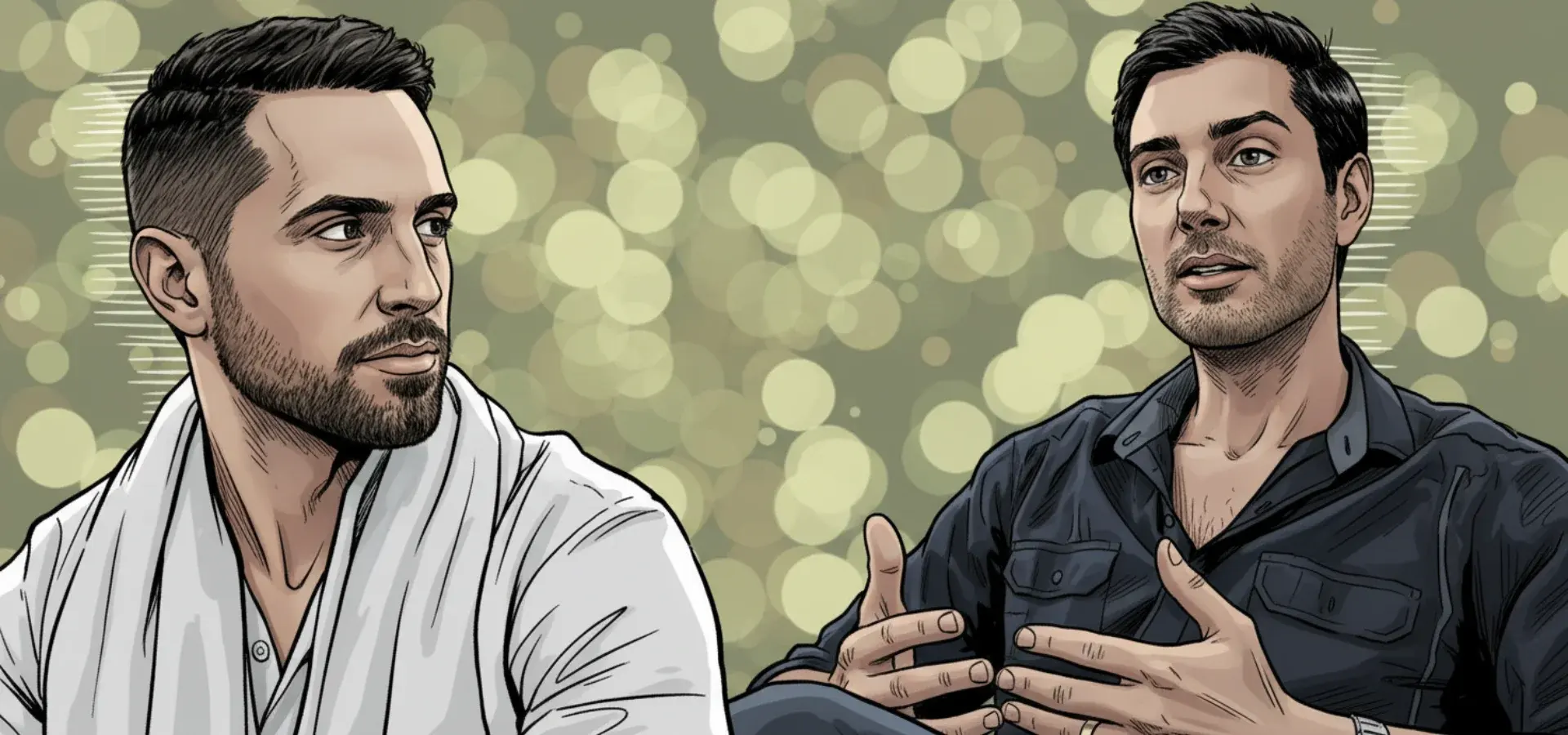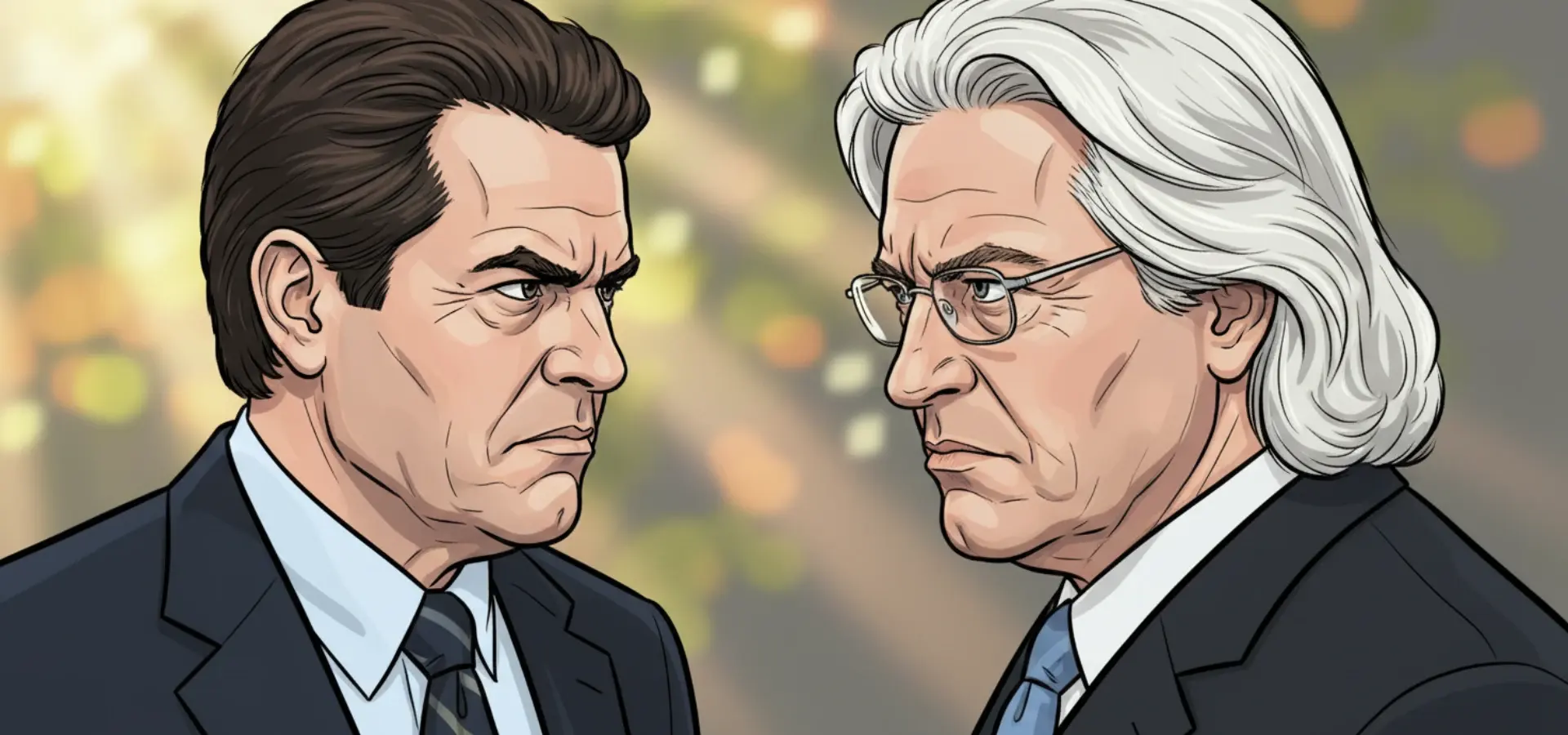MJ Innocent Ads Pulled from London Buses After Backlash

Mar 14, 2019
Adverts promoting the website MJInnocent.com — a platform that claims to prove Michael Jackson’s innocence — have recently been removed from London buses after widespread criticism. The Survivor’s Trust, a respected charity that supports people affected by rape and child sexual abuse, raised concerns about the ads. They described them as “highly inappropriate”, especially given how many survivors use public transport and could be upset or triggered by the messaging. Following pressure, Transport for London (TfL) agreed to take the adverts down.
The campaign behind these ads raised over £30,000 through crowdfunding. The organisers have been identified as Anika Kotecha and Seany O’Kane — the latter known for appearing on the reality TV show Big Brother. Their goal appears to be shifting public opinion around the abuse allegations against Jackson by casting doubt on the two men who have come forward: Wade Robson and James Safechuck. Both men featured in the Channel 4 documentary Leaving Neverland, where they shared detailed accounts of sexual abuse by Jackson during their childhoods.
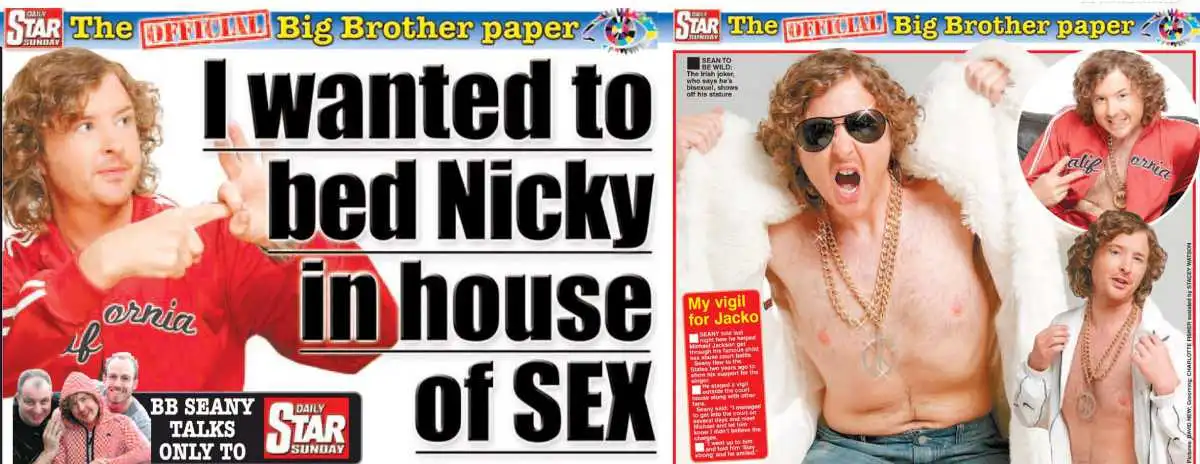
Seany O’Kane, posing for the Daily Star, where he claims he lost his virginity at the age of 14 to a “mature” woman..
MJInnocent.com, which uses the slogan “Facts Don’t Lie, People Do,” claims to be a fact-based source defending Jackson’s legacy. But in reality, the site offers very little in terms of credible, balanced information. It focuses mainly on suggesting that Robson and Safechuck are liars who are only interested in money. This line of argument is not new — it’s a familiar approach often seen in campaigns that aim to protect powerful figures by undermining their accusers.
Supporters of the website have also staged protests, carrying banners with the same slogan used in the ads. These demonstrations have targeted Leaving Neverland’s director Dan Reed and Channel 4, which broadcast the documentary. Rather than engaging with the content of the documentary or the seriousness of the abuse allegations, these campaigners seem determined to discredit the accusers and frame Jackson as the real victim.
Seany O’Kane talking to ITV London news
This kind of narrative has real-world consequences. When campaigns like this gain public visibility — especially on public transport — they can cause deep harm. Survivors of abuse often struggle with being believed in the first place. Seeing adverts that openly question or mock the experiences of other survivors can make them feel dismissed, isolated, and less likely to come forward themselves.
Around a week ago, I contacted MJInnocent.com directly. I informed them that I had written a blog post describing their website as a dangerous source of victim-blaming and misinformation. I laid out the reasons why I believe the site is misleading, biased, and harmful.
In response, I received an email thanking me for getting in touch and acknowledging that I was entitled to my opinion. However, rather than addressing the issues I had raised in my blog post, they proceeded to make a series of highly questionable — and demonstrably false — claims. These included the assertion that the FBI secretly investigated Jackson, that Wade Robson had repeatedly changed his account during legal proceedings, and that the judge reprimanded Robson by stating that no rational trier of fact could believe his claims.
Here’s their response:
Many thanks for your email. You are certainly entitled to your opinion. However, we have done extensive research into the allegations against Michael Jackson and are confident he is innocent. We would rather believe the available evidence, including, for example, the secret FBI investigations over the course of 10 years that found no evidence of wrongdoing (these records are publicly available on the FBI's website), or the fact that Wade Robson has lied several times in his lawsuit, to the point where he was severely reprimanded by the judge on the basis that no rational trier of fact could believe his claims.
If we took all accusations at face value, we would completely undermine the criminal justice system and the presumption of innocence until proven otherwise. All claims of sexual abuse should be taken seriously and investigated thoroughly but, equally, we must appreciate that false allegations do also get made (e.g. Operation Midland), and victims of false allegations are just as much victims as real victims of abuse.
If you are interested in learning more about the truth behind these allegations, please do visit our website for more information. Remember, the two men have hundreds of millions of dollars at stake… a very good incentive to lie.
You can view the original email at: drive.google.com
It should be noted that many of these claims are not grounded in independent research or verifiable facts, but stem from pro-Jackson sources, including the Michael Jackson Estate.
You can read a detailed breakdown of these claims here.
Whether or not someone believes Jackson committed these crimes, there’s a wider problem with how public campaigns like this treat survivors. Disagreeing with an accusation is one thing; launching a full campaign designed to shame and silence those making the claims is quite another. It sends a message that celebrity reputation matters more than the experiences of those who say they were harmed.
Even people who don’t believe Jackson was guilty should be cautious about supporting a campaign that uses personal attacks, half-truths, and public pressure to silence others. This isn’t about justice. It’s about control — about shaping the story in a way that protects one person’s image at the expense of many others.
Michael Jackson was a hugely talented and influential figure, but he wasn’t without flaws. His relationships with young boys raised serious concerns, and it’s entirely fair — even necessary — to talk about that. He surrounded himself with children, encouraged them to sleep over at his home. That behaviour crossed ethical lines, even if some refuse to believe it crossed legal ones.
Campaigns like MJInnocent.com don’t just protect a celebrity’s legacy. They risk silencing real victims and reinforcing the idea that the powerful will always be believed over the vulnerable. That’s not just wrong — it’s dangerous.
I urge anyone who comes across this campaign to think carefully before supporting it. Even if you believe Jackson was innocent, it is possible to hold that belief without tearing others down. Survivors deserve support, not suspicion. And they deserve to be heard — not shouted over by banners on buses or slogans pretending to represent the truth.

